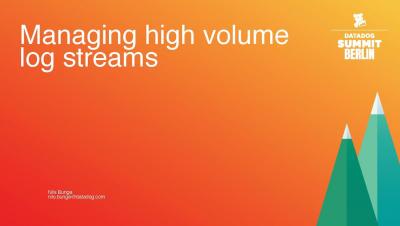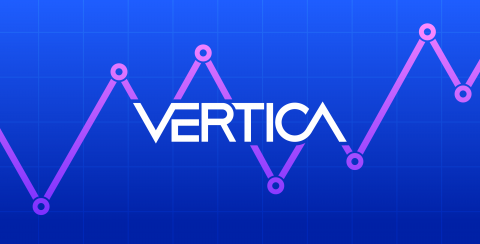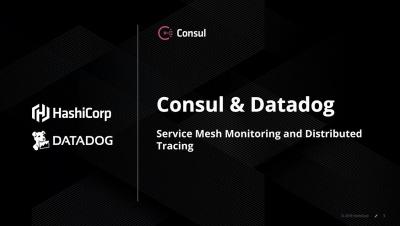How to monitor Kubernetes + Docker with Datadog
Since Kubernetes was open sourced by Google in 2014, it has steadily grown in popularity to become nearly synonymous with Docker orchestration. Kubernetes is being widely adopted by forward-thinking organizations such as Box and GitHub for a number of reasons: its active community, rapid development, and of course its ability to schedule, automate, and manage distributed applications on dynamic container infrastructure.












